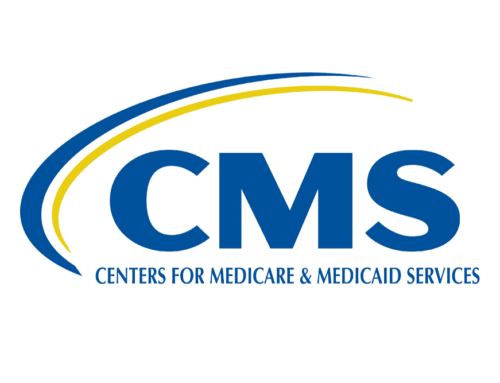CENTER UPDATE | March 2022
In this Issue:
- Register Now – 2023 Virtual V-BID Summit
- Chronic Disease Management Act Re-Introduced in Congress
- Bipartisan Bill Would Require Copay Assistance to Count Toward Out-of-Pocket Costs
- New V-BID Center Brief: Reducing No-Value Care to Enhance Health Equity
- No Value Without Equity: Action Opportunities Emerging from the IVI Health Equity Initiative
- Overcoming 5 Leading Obstacles to Achieving Racial Health Equity
- Out-of-Pocket Cost Among Reasons Why Patients Don’t Take Their Medications
- Poll: Costs Are Top Health Concern for Americans
- Increased Cost-Sharing Reduces Prescription Drug Use of Essential Medications
- Eli Lilly Slashes Insulin Prices Up To 70% And Caps Out-Of-Pocket Costs At $35
- After Capping Insulin Copays, Colorado Sets Its Sights on EpiPens
- Value-Based Care and a Path To Achieve Comprehensive Care in the Safety-Net
- Register by 3/24 for Early Bird Rates: Virtual 4th National Medicare Advantage Summit

TOMORROW, March 8 | 12 - 4pm EST
Click below to access the program agenda, learn about the speakers, and register for this no-cost event! Please feel free to share this Summit invite with your interested colleagues.


Chronic Disease Management Act Re-Introduced in Congress
The bipartisan Chronic Disease Management Act of 2023 (CDMA) was introduced in Congress this week, building upon previous versions of the CDMA and following guidance issued by the U.S. Department of Treasury in 2019 to further increase the flexibility of HSA-HDHPs to cover chronic disease services on a pre-deductible basis.

Bipartisan Bill Would Require Copay Assistance to Count Toward Out-of-Pocket Costs
In February, Representatives Carter (R-GA), Barragán (D-CA), Miller-Meeks (R-IA), and DeGette (D-CO) introduced the Help Ensure Lower Patient (HELP) Copays Act to the United States House of Representatives. The bipartisan bill would prohibit the use of “copay accumulators” and require that cost-sharing assistance would count towards a patient’s deductible or out-of-pocket maximum.


New V-BID Center Brief: Reducing No-Value Care to Enhance Health Equity
Although it is well documented that populations of color and low-income individuals are less likely to receive essential clinical services, more recent evidence base suggests that underserved communities also receive more low-value care. A new V-BID Center brief recommends that initiatives aimed to enhance equity should simultaneously focus on reducing low-value care, starting with ‘no-value services’ for which there is rigorous evidence demonstrating no clinical benefit in specific clinical scenarios and minimal/no patient demand. Watch our video and read our infographic on this topic.
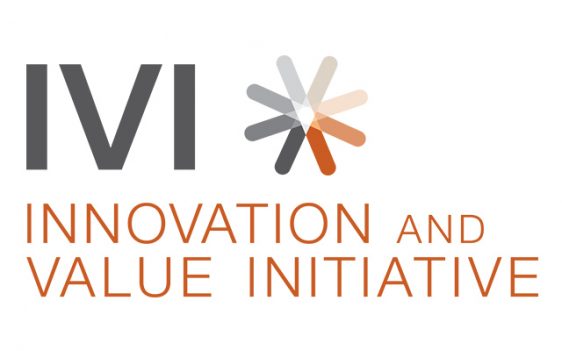
No Value Without Equity: Action Opportunities Emerging from the IVI Health Equity Initiative
The Innovation and Value Initiative has published a new research brief as part of their Health Equity Initiative. The brief serves as a guide for IVI’s work surrounding health equity and demonstrates that without explicit attention to equity, health technology assessment risks reinforcing or exacerbating disparities in the U.S. healthcare system.
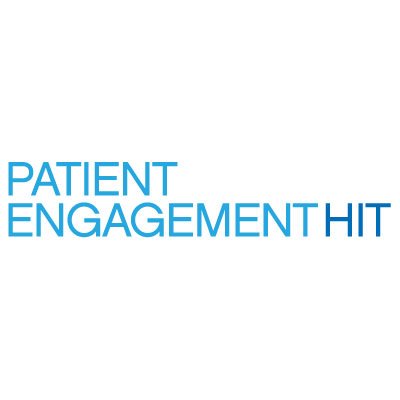
Overcoming 5 Leading Obstacles to Achieving Racial Health Equity
Accenture’s U.S. health inequity report outlines 5 barriers to health equity: implicit bias, lack of trust and fear, access barriers, uneven quality and experience, and racism in research and development or clinical practices. A summary of the report highlights that realigning the healthcare industry to overcome racial inequities would pay dividends and save lives.

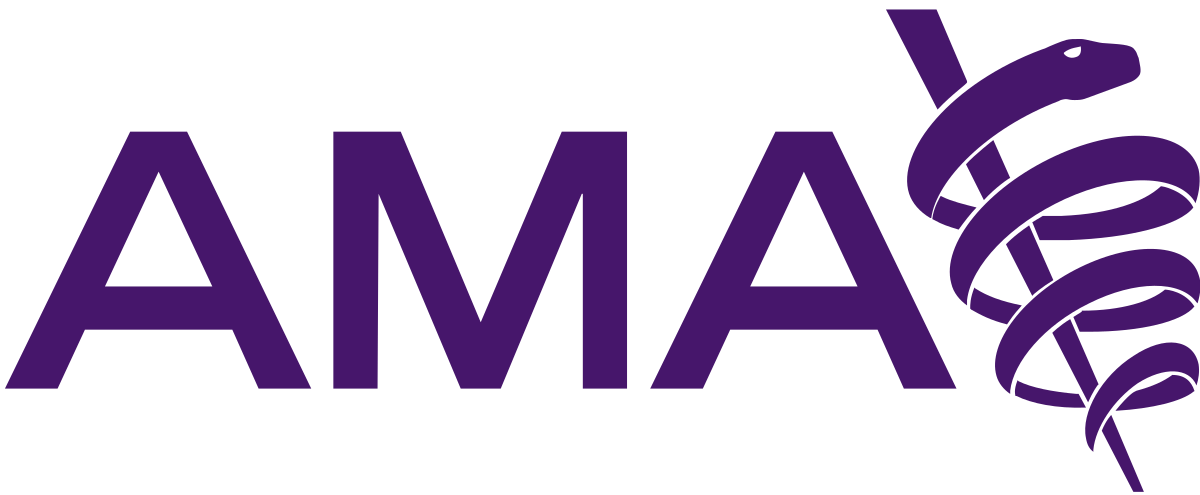
Out-of-Pocket Cost Among Reasons Why Patients Don’t Take Their Medications
Research shows that patients don’t take their medications as prescribed about half the time, and a recent AMA article lists eight reasons why: fear, cost, misunderstanding, too many medications, lack of symptoms, mistrust, worry, and depression.
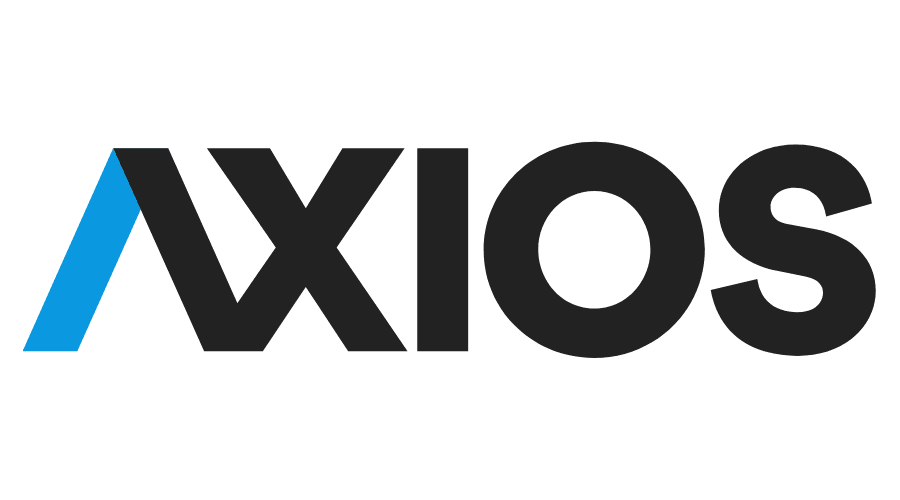
Poll: Costs Are Top Health Concern for Americans
The national Axios-Ipsos survey of 1,213 U.S. adults found that Americans say the government should prioritize lowering costs for health care and prescription drugs. Almost 8 in 10 want insurers to cover weight-loss drugs, and almost 9 in 10 back a monthly cap on out-of-pocket costs for insulin.
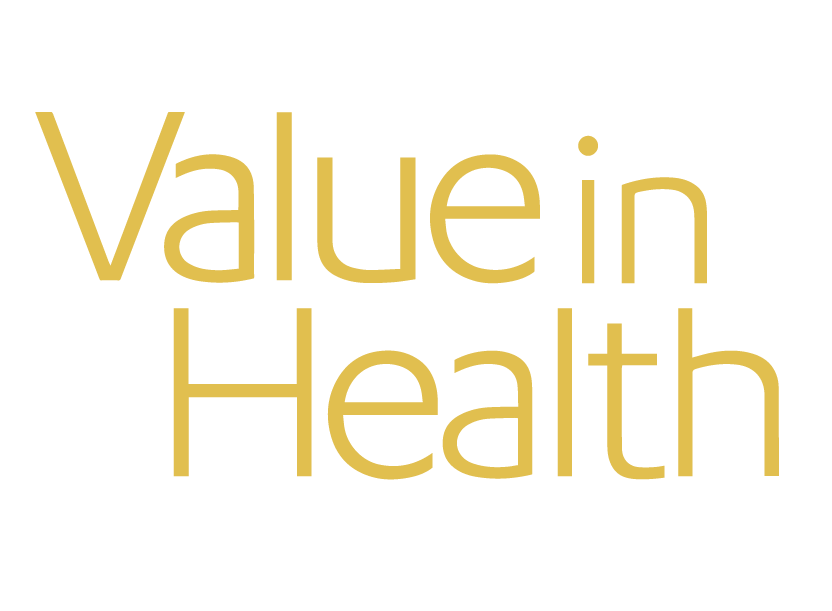
Increased Cost-Sharing Reduces Prescription Drug Use of Essential Medications
A recent systematic review of the associations of prescription drug insurance and cost-sharing with drug use, health services use, and health concludes that increased cost-sharing is likely to reduce drug use of both essential and non-essential medications. Coverage without cost-sharing may reduce inequities as it would likely increase prescription drug use among lower-income populations relative to higher-income populations.
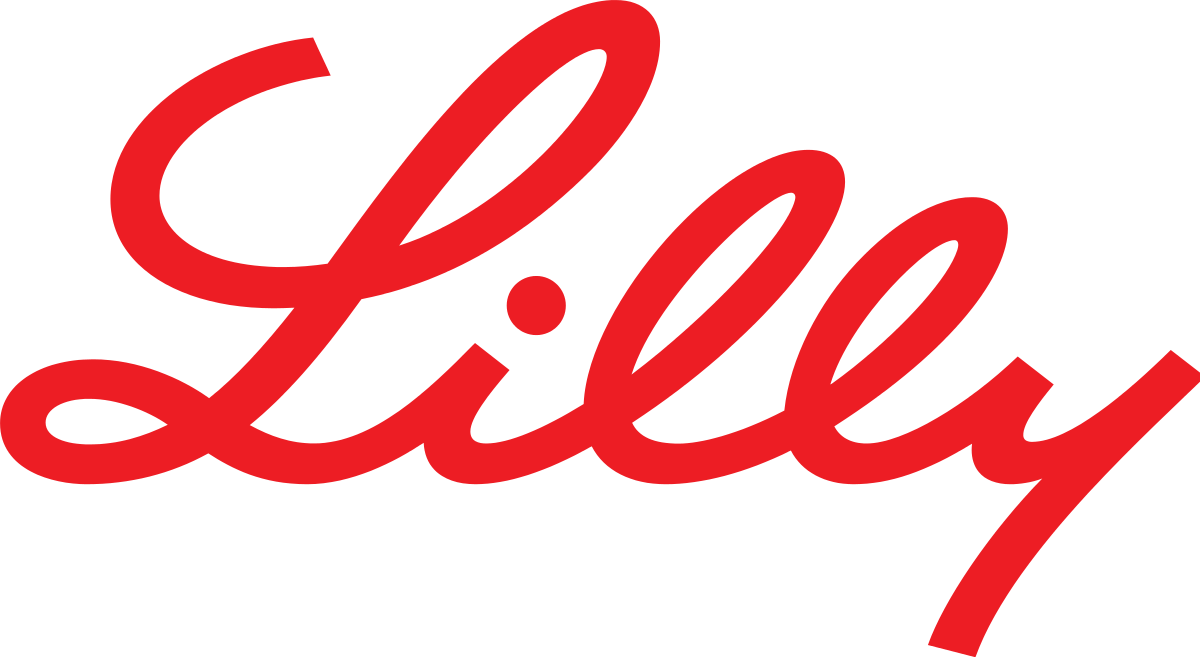
Eli Lilly Slashes Insulin Prices Up To 70% And Caps Out-Of-Pocket Costs At $35
Eli Lilly announced that it will be cutting the list price of its most commonly prescribed insulin product, Humalog, by 70% and will lower the cost of its nonbranded insulin to $25 per vial. Additionally, the company will automatically cap the out-of-pocket costs for insulin products at $35 a month for those with commercial insurance, and patients without insurance can apply for the company’s Insulin Value Program, which also caps insulin at $35 per month. This follows last year’s Inflation Reduction Act, which capped insulin costs at $35 for Medicare patients.
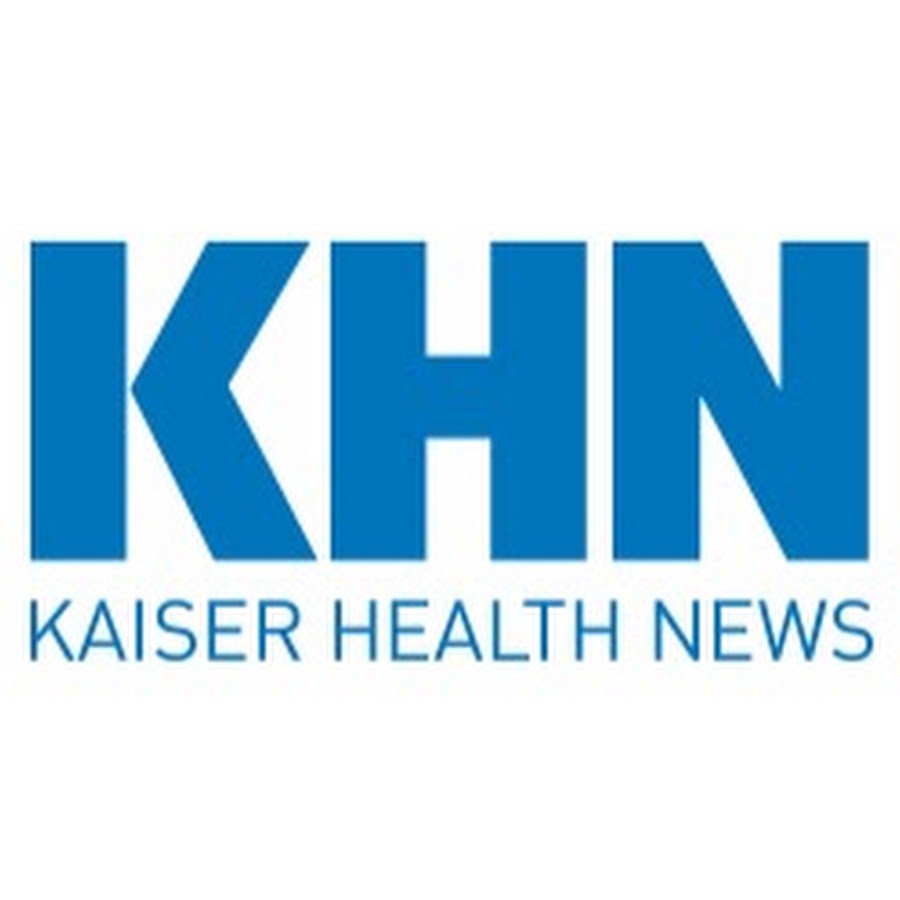
After Capping Insulin Copays, Colorado Sets Its Sights on EpiPens
A new Colorado state bill would cap out-of-pocket copays at $60 for a two-pack of epinephrine autoinjectors for both insured and uninsured people starting in 2024. This is the latest effort by Colorado to increase access to life-saving medications.
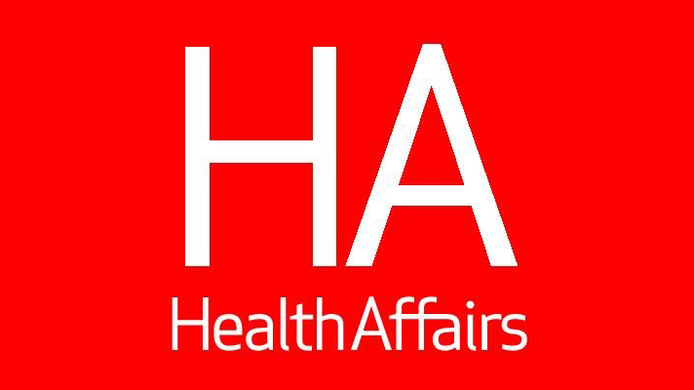
Value-Based Care and a Path To Achieve Comprehensive Care in the Safety-Net
Authors of a recent Health Affairs Forefront article argue that safety-net health care organizations, which provide care to millions regardless of their ability to pay, can utilize value-based payment models to drive care coordination, quality, and financial resiliency through multipayer alignment around payment design features, direct upfront and ongoing funding, and breaking down organizational silos.


Register by 3/24 for Early Bird Rates: Virtual 4th National Medicare Advantage Summit
Register now for the 4th annual Medicare Advantage Summit by March 24, 2023. This year’s summit features how Medicare Advantage outperforms fee-for-service on certain diabetes outcomes. Visit the event website to learn more.
Please Help Support the V-BID Center
As we near the end of 2022, we recognize our accomplishments over the past year and look ahead to all we can achieve at the University of Michigan Center for Value-Based Insurance Design. Generosity from collaborators and friends like you allows us to remain focused on equity enhancing programs that improve access and affordability to essential clinical services
You will play an essential role in the future success of the V-BID Center by making a gift today. Thank you for your support.




